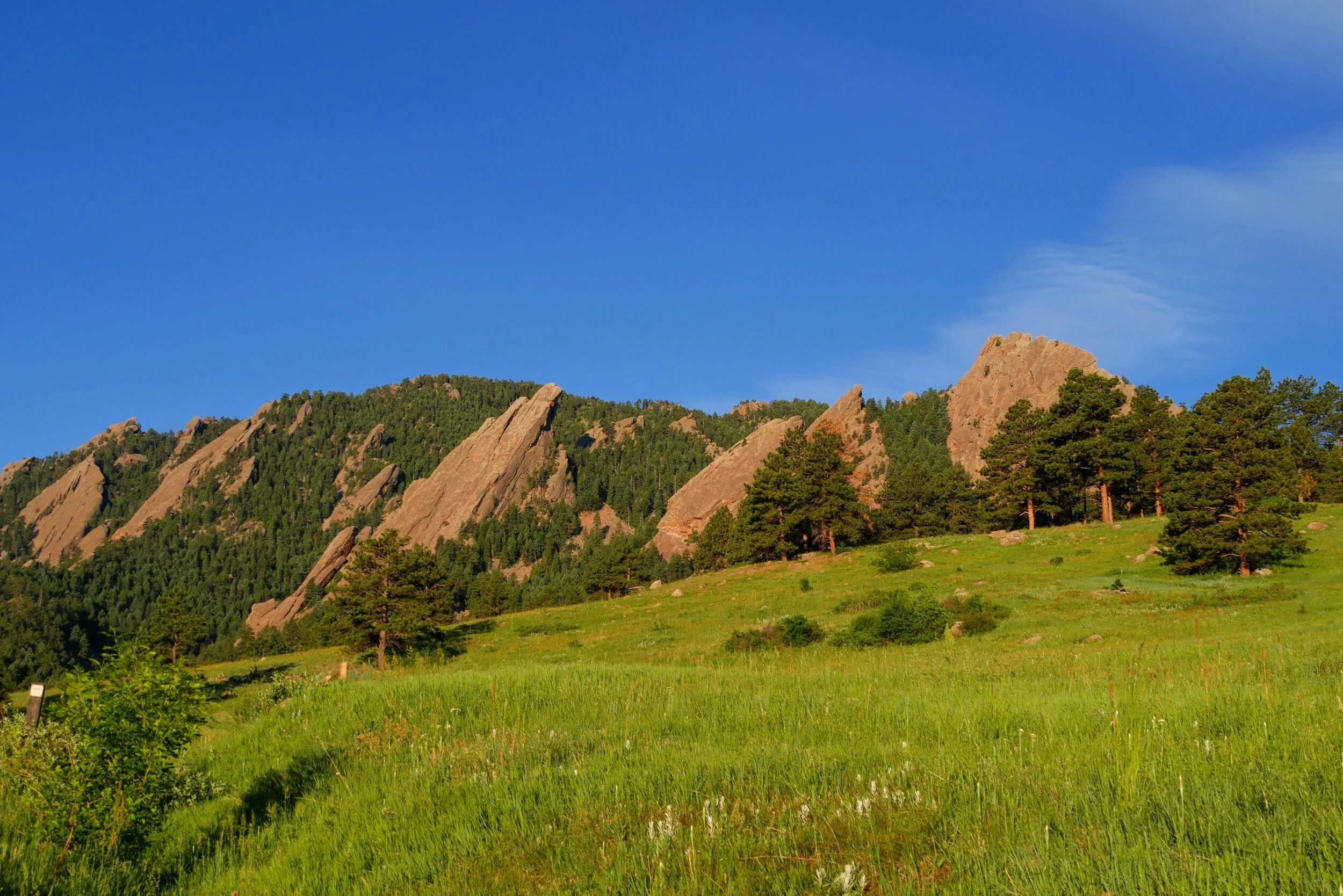Although the comprehensive local history of Boulder’s Black community has not yet been written, there are a number of resources available exploring various aspects of that history. The following are resources that are accessible online:
Delgado and Stefancic, “Home Grown Racism: Colorado’s Historic Embrace—And Denial—of Equal Opportunity in Higher Education”, 70 U. of Colo. L. Rev. (1999) (Includes discussion of racial history in Boulder unrelated to the University). https://papers.ssrn.com/sol3/papers.cfm?abstract_id=2411625.
Hickcox, “Green Belt, White City: Race and the Natural Landscape in Boulder Colorado”, 29 Discourse 236 (Spring & Fall, 2007). https://www.jstor.org/stable/41389778?seq=1. [May require JSTOR account or access through library.]
Lieff, “Three Illustrious African-American Pioneers of Boulder: George Morrison, O. T. Jackson and Junius Lewis,” Boulder Magazine (Winter/Spring 2017-2018). http://getboulder.com/three-illustrious-african-american-pioneers-boulder/.
Fox, “When the Invisible Empire Stormed the Front Range: The Reign of the 1920s Ku Klux Klan in Boulder County, Colorado,” CU Undergraduate Thesis (Fall 2015). https://core.ac.uk/download/pdf/54848134.pdf.
Mugge-Cozza, “A History of Access of Diverse Students at the University of Colorado Boulder, 1964-2012,” CU Doctoral Thesis (2013). http://digital.auraria.edu/content/AA/00/00/01/44/00001/AA00000144_00001.pdf.
The most important repository of primary source materials on local Black History is Boulder’s Carnegie Library for Local History. Sadly, as of February 25, 2021, the date of the Black History panel, this Library is still closed due to COVID. Its online catalog may still be searched, however. https://localhistory.boulderlibrary.org/. Many of its oral-history and photographic collections have been digitized and are accessible online. The following are some of those digitized resources which may be of particular interest:
A good starting point is that Library’s Charles Nilon Collection, papers and research compiled and donated by the father of the 2-25-21 panelist Charles Nilon. Its Carnegie Catalog Call Number is 756, and many of the photographs of early Black residents which he collected and donated have been digitized there. In addition, the audio of oral-history interviews conducted with Charles Nilon and his wife, Nancy Mildren Nilon, may be accessed online as well. OH0486; OH1311 (includes digitized transcript).
Although not many documents in the Carnegie collection have yet been digitized, one important one that has is Dan Corson’s “The Black Community in Boulder, Colorado,” (1996), which explores the town’s early exclusionary housing patterns. Call Number 998-13-15.
Other digitized oral-history interviews of interest include:
OH 1312; Interview with Ellen Tate (sister of 2-25-21 panelist Penfield Tate III);
OH 0154: 1972 Lecture at Boulder High School by Dr. Ruth Cave Flowers, an early Black female attorney;
OH 627; Interview with Franklin Emanuel, describing life in Boulder in the Nineteen Thirties; and
OH 0626, Interview with Grace Lingham, describing early life in Boulder.
As the attorneys and staff at Hutchinson, Black & Cook accumulate more online resources, and carry out their own independent research into the history of Boulder’s Black community, this listing will be supplemented.
